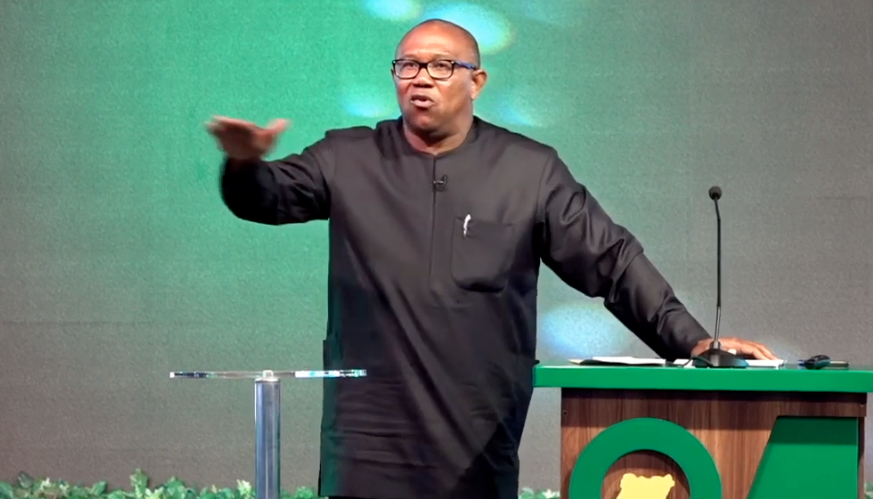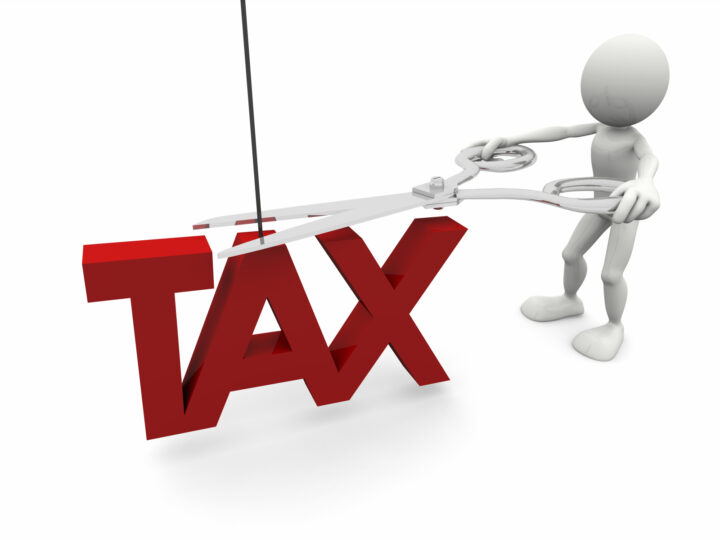The National Bureau of Statistics (NBS) says consumer price index, which measures inflation, hit 14.23 percent in October.
The inflation rate jumped by 0.52 percentage points, the highest since July 2016 when the inflation rate increased by 0.65 percentage points.
Inflation measures the rate at which the prices of goods and services increase over a period of time.
The October CPI/Inflation report released on Monday showed that food inflation hit 17.38 percent from 16.66 percent in September.
Advertisement
This bureau said the rise in the food index was caused by increases in prices of bread, cereals, oils and fats, potatoes, yam and other tubers, meat, fish, fruits, vegetable, alcoholic and food beverages.
“The urban inflation rate increased by 14.81 percent (year-on-year) in October 2020 from 14.31 percent recorded in September 2020, while the rural inflation rate increased by 13.68 percent in October 2020 from 13.14 percent in September 2020,” the report read.
Core inflation, which excludes the prices of volatile agricultural produce stood at 11.14 percent in October 2020, up by 0.56 percent when compared with 10.58 percent recorded in September 2020.
Advertisement
The highest increases were recorded in prices of passenger transport by air, medical services, passenger transport by road, pharmaceutical products, motor cars, vehicle spare parts, maintenance and repair of personal transport equipment, hairdressing salons and personal grooming establishments, miscellaneous services relating to the dwelling, paramedical services and footwear.
According to the report, all items inflation on a year-on-year basis was highest in Zamfara (17.69 percent), Sokoto (16.99 percent) and Ebonyi (16.91 percent), while Lagos (11.96 percent), Abuja (11.84 percent) and Cross River (10.50 percent) recorded the slowest rise.
Food inflation on a year on year basis was highest in Edo (21.65 percent), Zamfara (20.88 percent) and Kogi (20.58 percent), while Lagos (14.57 percent), Ogun (14.47 percent) and Ondo (14.23 percent) recorded the slowest rise.
Advertisement
Add a comment






